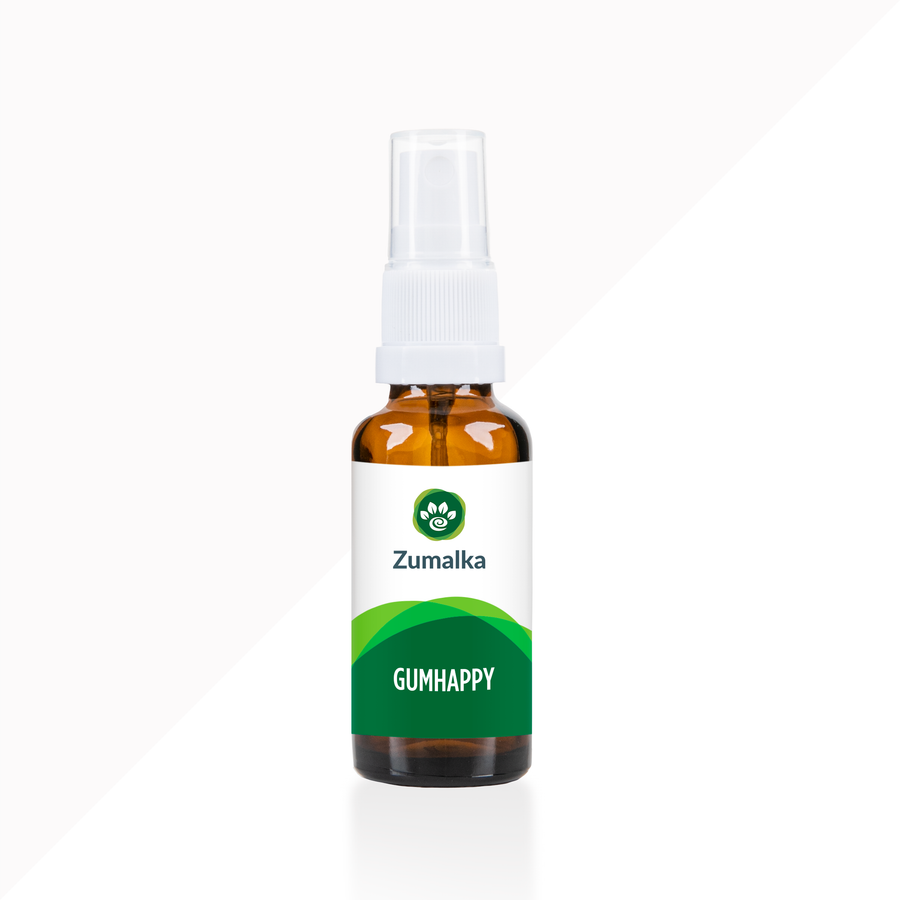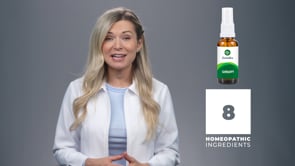Vet-Approved Care Tips for Your Senior Beagle’s Health

As your senior Beagle, a lifelong friend and companion, enters its golden years, it’s common to encounter various health challenges. In this article, we’ll explore the typical problems that older Beagles face and provide practical tips to ensure your furry friend remains healthy and happy in their later stages of life.
Older dogs are more prone to disease and illness due to the physiological changes in their bodies. As these dogs age, their immune systems weaken, leading to slower responses to infections and inflammation compared to Beagle puppies and juveniles.
This is why I always remind pet parents that older Beagles need more care and attention than their younger counterparts. However, it’s a misconception that illness is an inevitable part of being old or just "normal aging." With proper care, many senior dogs can remain healthy and active.
Common Health Problems of Older Beagles
Do you have an aging Beagle and wonder what health issues they may face as they get older? Here are some common health problems I often see in older Beagles. As Beagles age, they tend to face several health challenges. As I’ve emphasized earlier, an older dog is often more prone to health problems because of the many physiological changes happening in its body at once.
However, it is crucial to seek professional veterinary care or consult a pet wellness expert at the first sign of health issues. Addressing these problems early can prevent them from worsening and help maintain the overall quality of life of your senior Beagle.
Your senior dog is more prone to dental disease.
Dental disease is a prevalent health concern in senior dogs, particularly in Beagles. This condition, known as periodontal disease, begins with the accumulation of tartar and plaque and can ultimately progress to gingivitis, or inflammation of the gums.
When left untreated, dental disease in older dogs can cause significant oral discomfort and may lead to a tooth root abscess. Signs that your senior Beagle may be in pain from oral issues include pawing at the mouth or face, increased vocalization, loss of appetite, and facial swelling.
Neglecting dental issues in your senior dog can lead to severe health consequences.
Bacteria from the oral cavity can enter the bloodstream and affect vital organs such as the kidneys, heart, and liver. Early detection and proper management of dental issues are essential to protecting the overall health and well-being of senior Beagles. While I don’t mean to alarm you, untreated dental problems can sometimes result in serious consequences, including death.
Here are my three straightforward tips for pet owners who want to prevent dental disease in their beloved dog:
- Brush and clean your dog's teeth daily. It may sound simple, but many pet parents overlook this essential step in maintaining good oral health, especially in older dogs. Remember, all dogs—puppy stage or not—need regular brushing.
- The VOH seal of approval is crucial. Offer dental treats and food for older dogs with the Veterinary Oral Health Council (VOHC) seal of approval. This seal ensures the product has been carefully reviewed by experts for safety and effectiveness.
- Schedule regular veterinary dental care. Be sure to book routine dental cleanings once a year with your veterinarian. Don't wait for signs of damage or inflammation before seeking veterinary dental care.
Senior dogs have a higher risk of arthritis and obesity.

As your senior Beagle enters their golden years, it's common to observe a decrease in activity levels. Your canine best friend will also be more vulnerable to joint issues and significant weight gain, which can lead to health risks down the road.
Some Beagle seniors may struggle to keep pace during walks, while others might find navigating stairs challenging—a sign often associated with the onset of arthritis. These things may be easy for a Beagle pup but can be rather tricky for an older dog.
It's important to note that arthritis, characterized by joint inflammation, is a common part of aging for many dogs. This condition occurs when a Beagle ages as joints gradually lose cartilage and synovial fluid, leading to painful bone-on-bone friction in senior Beagles.
While arthritis cannot be completely prevented in an older dog, there are steps you can take to slow its progression. Here are key strategies to help mitigate the effects of arthritis in dogs:
- Maintain a healthy weight. Obesity can place excess stress on joints, accelerating cartilage deterioration and potentially triggering arthritis earlier. A half-hour of low-impact exercise or gentle training will already do the trick.
- Introduce joint supplements early. Starting supplements before your dog enters their senior years can help maintain joint health and reduce arthritis-related symptoms. Akin to humans, our canine family members also need a bit of a boost during their golden years.
- Incorporate omega fatty acids into their diet. These acids have anti-inflammatory properties and help preserve joint integrity. Due to their advanced age, aging Beagles can have slight issues with nutrient absorption that keep them in ideal shape.
Beagle Pain Syndrome is a condition that can also affect a Beagle puppy.
Beagle Pain Syndrome, also known as Steroid Responsive Meningitis Arteritis, is an immune-mediated disease where the body’s inflammatory response targets the meninges (the protective lining of the brain and spinal cord) and associated arteries.
The meninges serve to protect the spinal cord and brain. This condition primarily affects younger dogs, particularly young Beagles, and causes symptoms such as fever, neck pain, and joint pain.
Treatment typically involves steroid therapy to suppress the overactive immune response, along with pain relief medications. Fortunately, the prognosis is positive, with full recovery being the typical expectation.
Beware of ear infection when you adopt senior dogs.
Ear infections are common in Beagles of all ages—adults, puppies, and seniors—due to their floppy ears, which lack proper ventilation. Moisture trapped in the ear canal creates an environment where bacteria or yeast can thrive, leading to infections.
Additionally, Beagles may develop allergies to environmental factors like grass or pollen, which can irritate the skin and make their ears more susceptible to infection.
To prevent ear infections in senior Beagles, prioritize ear care:
- Dry ears keep unwanted health conditions at bay. Keep the ears dry after swimming or bathing by thoroughly drying them.
- Manage allergies. If your Beagle shows signs like excessive licking, head shaking, or itching, consult your vet about allergy management.
- Regular ear cleaning and maintenance are essential. Clean the ears regularly, following your vet’s guidance, to maintain ear health and prevent infections.
Looking for vet-approved tips to alleviate your dog's itching? Check out this article for expert advice and vet-approved effective solutions!
An old Beagle can be susceptible to an erratic digestive system.
One health risk in older Beagles is their reduced ability to absorb essential vitamins, minerals, and nutrients. This can make them more prone to conditions like colitis, gastrointestinal dysfunction, and, in some cases, malnutrition if not promptly addressed.
In addition to nutritional deficiencies, some pet owners overlook that an aging Beagle requires a specialized diet at this stage of life. Allowing your pet to overeat without carefully managing portions can lead to issues like obesity, joint stiffness, problems with the teeth and gums, diabetes, and even heart disease.
It's also important not to feed your senior dog puppy food, as their nutritional needs are different. While it may be acceptable in certain cases for a short period, regularly doing so can result in serious health issues over time.
Your aging Beagle's eyes can be at risk of degeneration and damage.
As we discussed earlier, the physiological changes in an older Beagle can affect various aspects of their health, including the eyes. Conditions that affect vision include nuclear sclerosis, glaucoma, as well as cataracts. Other eye issues may develop during this time, too.
Like in most animals, vision plays a crucial role in daily life. It helps your pet navigate their surroundings and avoid obstacles or potential dangers. To help prevent or alleviate these issues, I recommend supporting your dog’s immune system with a balanced diet, supplements, and regular vet checkups, even before they reach their senior years.
If you notice your aging dog bumping into furniture or having trouble navigating familiar places, seek veterinary care immediately. Early detection and diagnosis are crucial for alleviating vision problems.
When is a Beagle Considered a Senior?

Beagles are typically considered seniors at around 7 years of age. However, this age classification varies by breed size. For example, small breeds usually become seniors at around 10 years old, while large and giant breeds reach senior status at about 6 years old.
What is the average life expectancy of a beagle?
According to the National Beagle Club, the average lifespan of a Beagle is between 10 and 15 years. That being said, I've seen many Beagles live to the ripe old age of 17, especially when their owners are proactive about managing health issues. Being aware of common health problems and addressing them early can help prevent these conditions from becoming serious.
At what age do beagles slow down?
From my experience, most Beagles tend to slow down between 6 and 8 years of age. However, it’s still possible to teach older Beagles new tricks, as they remain highly intelligent even in their senior years. Just be careful not to involve them in overly strenuous physical activities due to their age.
What is the best dog food for Beagles?
When nourishing an older Beagle, it's crucial to provide a well-rounded, nutritious diet. It’s advisable to steer clear of raw feeding, as it can expose your pet to parasites and harmful zoonotic bacteria, which can lead to serious health issues.
Opting for high-quality commercial dog food brands like Orijen, Acana, or Royal Canin is a wise choice. If you prefer preparing meals for your dog at home, it's essential to consult a veterinary nutritionist to ensure the diet is properly balanced.
Final Thoughts
As Beagles age, they may face health issues that can affect their overall well-being. To ensure your senior Beagle stays healthy, it's crucial to schedule biannual vet check-ups. Regular check-ups allow for early detection of potential health problems and help provide the best possible care.
I hope this article has provided helpful insights on how to care for a senior Beagle. While these tips may require some work and dedication, it's a small price to pay for the unconditional love your pet gives in return.







Leave a comment